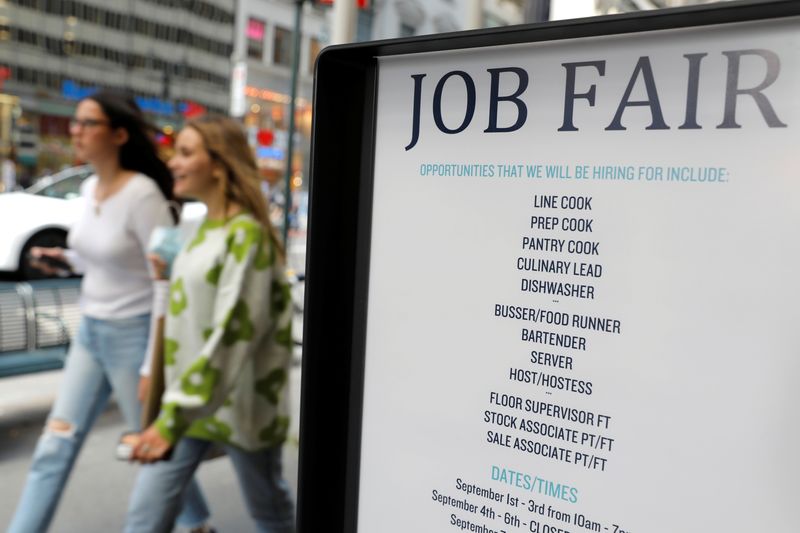Stock Markets
TSMC plans to cut costs to stop sales decline. What will happen to Taiwan Semiconductor Manufacturing company stock?
Chipmaker giant Taiwan Semiconductor Manufacturing expects its sales to fall short of analysts’ estimates and plans to cut costs in anticipation of a potential industry recession and stricter U.S. trade controls, Bloomberg said. What will happen to Taiwan Semiconductor Manufacturing company stock?
Taiwan Semiconductor Manufacturing Company Limited annual report
According to the forecast, sales in the first quarter will range from $16.7 billion to $17.5 billion. Analysts had forecast an average of $17.9 billion. The firm said capital spending this year would decline to $32-36 billion. This could mark the first decline in revenue for TSMC in 4 years, highlighting the depth of the global slowdown in demand for high technology.
The world’s largest contract chip maker, which is the exclusive supplier of silicon chips to Apple Inc. (NASDAQ:AAPL) for the iPhone and Mac, is banking on its technology and scale advantages to weather the downturn. But the U.S. is tightening controls on chip trade from China; at the same time, the Taiwanese giant is being hit by rising interest rates, soaring inflation and fears of a possible global recession as consumers are forced to cut spending.
The company’s main partner, smartphone maker Apple, was forced to cut estimates for its products after chaos at its Zhengzhou plant linked to virus-exposed vulnerabilities in the company’s supply chain.
The Taiwanese company is left only to try to expand capacity overseas, especially in the U.S. and Japan, seeking to meet customer demands for diversification and fighting competition from Samsung (KS:005930) and Intel (NASDAQ:INTC).Rising depreciation and operating costs, combined with uncertainty about the recovery in demand for smartphones, are limiting its gross margins.
According to experts, the market is very pessimistic about TSMC’s prospects. If the company’s capital spending can grow by at least 10% year-on-year, investors will see this as a positive signal.
Earlier, we reported that Apple is developing its first touchscreen laptop.
Stock Markets
Ripple applies for US national bank charter as crypto eyes next frontier
Stock Markets
US job market surprises with increased openings in May
Stock Markets
Tesla, Palantir Lead Market Cap Stock Movers on Tuesday

 Forex3 years ago
Forex3 years agoForex Today: the dollar is gaining strength amid gloomy sentiment at the start of the Fed’s week

 Forex3 years ago
Forex3 years agoUnbiased review of Pocket Option broker

 Forex3 years ago
Forex3 years agoDollar to pound sterling exchange rate today: Pound plummeted to its lowest since 1985

 Forex3 years ago
Forex3 years agoHow is the Australian dollar doing today?

 Cryptocurrency3 years ago
Cryptocurrency3 years agoWhat happened in the crypto market – current events today

 World3 years ago
World3 years agoWhy are modern video games an art form?

 Commodities3 years ago
Commodities3 years agoCopper continues to fall in price on expectations of lower demand in China

 Economy3 years ago
Economy3 years agoCrude oil tankers double in price due to EU anti-Russian sanctions





























